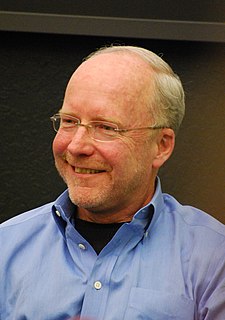A Quote by Jean-Michel Jarre
The value of streaming platforms is estimated at a few billion dollars, and creators can only afford a pizza without pepperoni at the end of the year with the revenues. Without musicians, all those platforms wouldn't exist, so we urgently need an appropriate and sustainable business model for musicians for the 21st century.
Related Quotes
In order for innovation to happen, a bunch of things that aren't happening on closed platforms need to occur. Valve wouldn't exist today without the PC, or Epic, or Zynga, or Google. They all wouldn't have existed without the openness of the platform. There's a strong tempation to close the platform, because they look at what they can accomplish when they limit the competitors' access to the platform, and they say 'That's really exciting.'
The great challenge of the 21st century is to provide good standards of living for 7 billion people without depleting the earth's resources or running up massive levels of public debt. To achieve this, government and business alike will need to find new models of growth that are in both environmental and economic balance.
A 2011 report produced by Forrester Research estimated that the revenue generated through the sales of smartphone and tablet applications will reach $38 billion annually by 2015. Think about that: An industry that did not exist in 2006 will be generating $38 billion in revenues within a decade. . . .



































